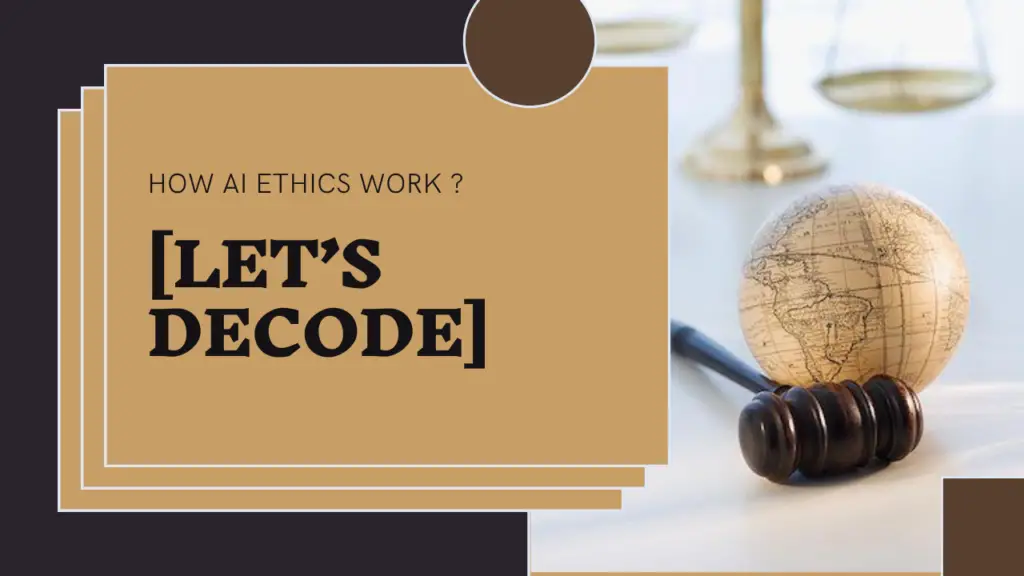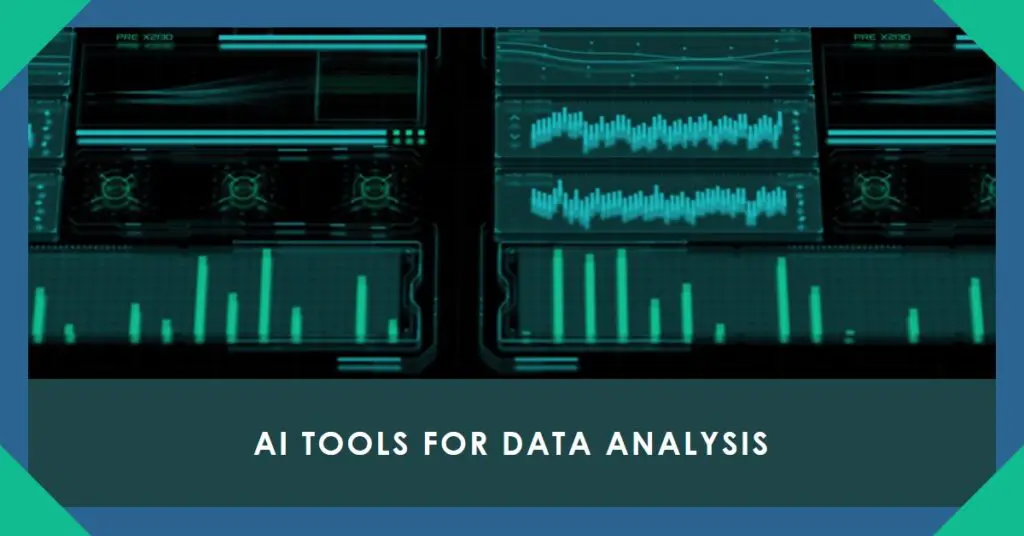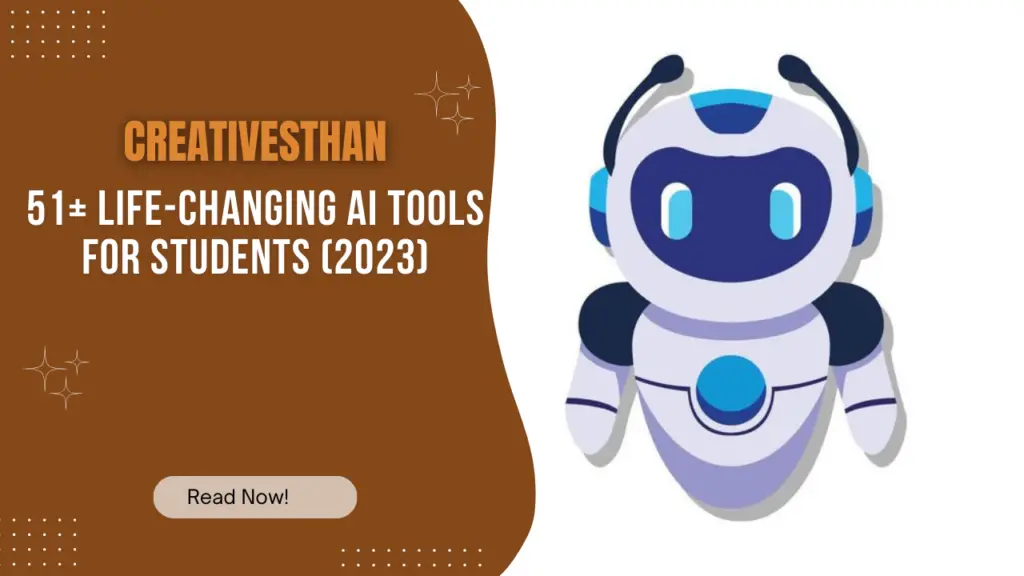In our rapidly advancing digital age, the rise of artificial intelligence (AI) has brought forth exciting possibilities and transformative innovations. However, with this progress comes a pressing need to address the ethical dilemmas surrounding AI.
This blog post delves deep into decoding AI ethics, equipping you with the knowledge to navigate the challenges and implement responsible practices that will shape a future built on ethical AI foundations.
Understanding AI Ethics
AI ethics involves the study of moral principles and values governing the development and use of AI technologies. It encompasses a wide range of concerns, such as privacy, bias, accountability, and transparency. By understanding the core principles of AI ethics, we can proactively address these concerns and ensure the responsible deployment of AI systems.
Ethical Dilemmas in the Digital Age
In the era of AI, several ethical dilemmas emerge. One such challenge is the potential infringement of privacy rights through vast data collection and surveillance. Algorithmic bias poses another concern, as AI systems can inadvertently perpetuate discrimination or reinforce societal prejudices. Moreover, questions of accountability arise when autonomous AI systems make decisions with far-reaching consequences. By exploring these dilemmas, we can identify the key challenges and work towards ethical solutions.
Navigating AI Ethics Responsibly
To navigate the complexities of AI ethics, it is essential to adopt responsible practices. Transparency in AI development and decision-making processes is crucial to building trust with users. Implementing rigorous data governance measures, including data anonymization and informed consent, helps protect individual privacy. Furthermore, fostering diversity and inclusivity in AI development teams can mitigate biases and ensure fair representation.
Responsible Practices in Action
Numerous organizations have already embraced responsible AI practices successfully. Companies like Microsoft and Google have implemented comprehensive AI ethics frameworks that prioritize user well-being, algorithmic fairness, and continuous monitoring. By examining these case studies, we can learn valuable lessons and gain inspiration for implementing our own responsible practices. Below I have created an imaginative Case Study to show you all how to use Ethical frameworks in the healthcare industry, You can also use them in various industries as well.
Case Study
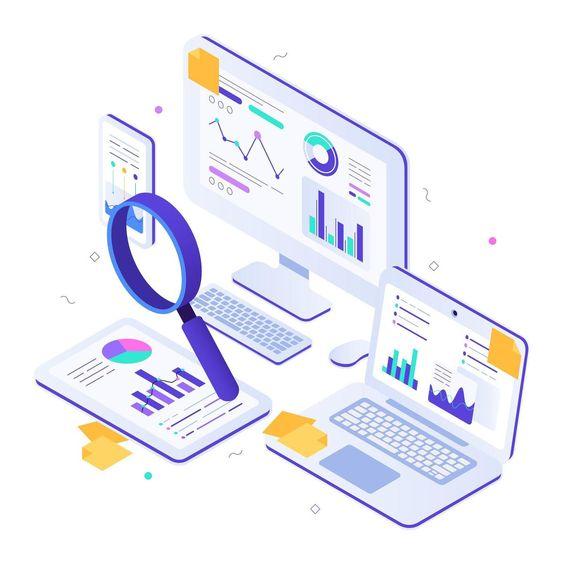
XYZ Corporation’s Ethical Framework for AI in Healthcare
Introduction:
In the realm of healthcare, the integration of AI technologies holds immense potential for improving patient outcomes and streamlining medical processes. However, to ensure ethical and responsible implementation, organizations must develop robust frameworks. XYZ Corporation’s case study serves as an excellent example of how an ethical framework can guide the development and deployment of AI in healthcare.
The Challenge:
XYZ Corporation, a leading healthcare technology company, recognized the ethical challenges associated with AI adoption in the healthcare industry. They understood the importance of protecting patient privacy, mitigating bias in decision-making algorithms, and maintaining transparency in AI-enabled processes. To address these concerns, they embarked on developing an ethical framework that would guide their AI initiatives.
The Ethical Framework:
-
Privacy-First Approach: XYZ Corporation prioritized patient privacy by adhering to strict data governance protocols. They implemented robust encryption techniques and anonymization practices to safeguard patient data, ensuring compliance with relevant privacy regulations.
-
Bias Mitigation: Recognizing the potential for bias in AI algorithms, XYZ Corporation incorporated rigorous testing and validation processes. They collaborated with diverse teams of experts, including healthcare professionals, data scientists, and ethicists, to identify and address biases throughout the development lifecycle.
-
Algorithmic Transparency: XYZ Corporation believes in the importance of transparency to build trust with both healthcare providers and patients. They ensured that their AI algorithms were explainable, allowing healthcare professionals to understand the rationale behind AI-driven decisions and facilitating patient-doctor communication.
-
Continuous Monitoring and Improvement: The company established mechanisms for ongoing monitoring and auditing of its AI systems. This enabled them to identify and rectify any potential ethical issues that may arise over time. XYZ Corporation remained committed to continuous improvement and took user feedback seriously.
Results and Impact: By adhering to its ethical framework, XYZ Corporation achieved significant positive outcomes in its AI-driven healthcare initiatives. Their privacy-first approach instilled confidence in patients, resulting in increased participation and data sharing. The rigorous bias mitigation efforts led to more equitable healthcare decisions, reducing disparities across different patient populations. Algorithmic transparency improved communication between healthcare providers and patients, fostering trust and shared decision-making.
Moreover, XYZ Corporation’s commitment to continuous monitoring and improvement allowed them to proactively address emerging ethical challenges. This demonstrated their dedication to upholding ethical standards and ensuring that AI in healthcare remains accountable and responsible.
Conclusion: XYZ Corporation’s case study serves as a shining example of how an ethical framework can guide the implementation of AI in the healthcare industry. By prioritizing patient privacy, mitigating bias, ensuring transparency, and fostering continuous improvement, they have set a precedent for responsible AI practices in healthcare. Other organizations can learn from XYZ Corporation’s approach and adapt similar frameworks to navigate the ethical challenges associated with AI in their respective industries.
The Future of AI Ethics
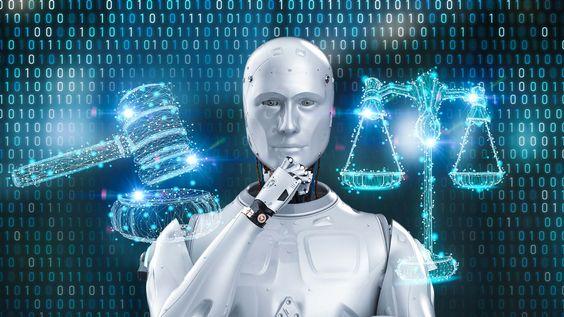
As AI continues to advance, so do the ethical considerations. Deepfake technology, autonomous vehicles, and ever-evolving machine learning algorithms pose new challenges. Adapting to these developments requires ongoing evaluation, collaboration among stakeholders, and the establishment of robust industry standards.
By staying informed and proactive, we can shape the future of AI ethics in a way that benefits society as a whole.
FAQs
What is AI ethics?
AI ethics refers to the study and application of ethical principles and values in the development, deployment, and use of artificial intelligence (AI) technologies. It involves considering the moral implications and societal impact of AI systems to ensure they align with ethical standards. AI ethics aims to address a wide range of concerns such as fairness, transparency, accountability, privacy, bias, and the overall impact of AI on individuals, communities, and society as a whole. By integrating ethical considerations into AI development and decision-making processes, we can strive for responsible and trustworthy AI systems that benefit humanity.
Why are AI ethics important?
AI ethics is of paramount importance due to several key reasons:
1. Fairness and Bias
2. Accountability and Transparency
3. Privacy and Data Protection
4. Human-Centered Design
5. Societal Impact
6. Public Trust and Acceptance
By prioritizing AI ethics, we can navigate the complex landscape of AI technologies in a responsible and sustainable manner. It helps us shape the future of AI in a way that aligns with our values, addresses societal concerns, and ensures that AI serves the best interests of humanity as a whole.
What are AI’s ethical principles?
AI ethical principles are a set of guidelines that inform the development, deployment, and use of artificial intelligence. They include fairness, transparency, privacy, accountability, beneficence, inclusivity, and consideration of social and environmental impact.
How is AI ethical?
AI can be ethical when it adheres to established ethical principles and guidelines. This means ensuring fairness, transparency, and accountability in its decision-making processes, protecting privacy rights, mitigating biases, promoting human well-being, and considering the broader societal impact. By integrating these principles into the development and use of AI, we can strive for ethical AI systems.
Will AI replace ethical hackers?
AI is not likely to completely replace ethical hackers. While AI can assist in automating certain aspects of cybersecurity, ethical hacking involves critical thinking, creativity, and human judgment that are not easily replicated by AI. Ethical hackers bring unique skills, expertise, and the ability to understand complex systems and identify vulnerabilities. AI can enhance and support ethical hacking processes, but human involvement remains crucial for comprehensive security assessments and addressing sophisticated threats.
Conclusion
Decoding AI ethics is a critical endeavor in our digital age. By navigating the challenges and implementing responsible practices, we can harness the transformative power of AI while upholding ethical standards. As individuals, organizations, and societies, it is our collective responsibility to ensure that AI serves as a force for good, paving the way for a sustainable and ethically conscious future.
Remember, the key to successful AI implementation lies in prioritizing ethical considerations. Let us embark on this journey together, where technology and ethics intertwine for the betterment of humanity.
Call-to-Action
Join the conversation! Share your thoughts on AI ethics and responsible practices in the comments below. Subscribe to our newsletter for more insightful content on the intersection of technology, ethics, and the future of AI. Together, let’s shape a future where AI thrives responsibly.

